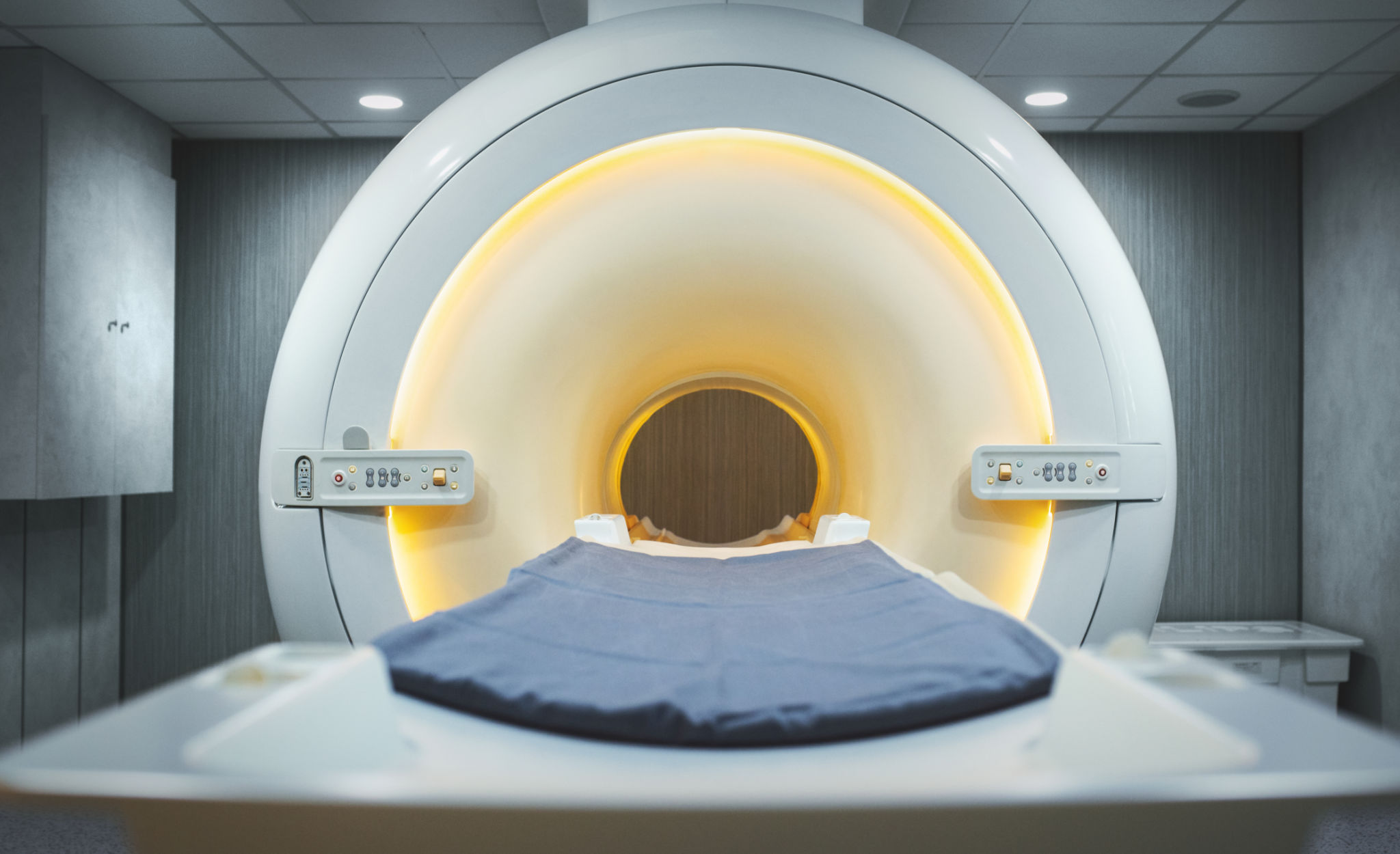Answers to Common Questions About MRI Scans
What is an MRI Scan?
An MRI, or Magnetic Resonance Imaging scan, is a non-invasive diagnostic tool that uses strong magnetic fields and radio waves to produce detailed images of the internal structures of the body. Unlike X-rays or CT scans, MRI does not use ionizing radiation, making it a safer option for many patients.

How Does an MRI Work?
During an MRI scan, a patient lies inside a large tube-like machine. The magnetic field temporarily realigns hydrogen atoms in the body. Radio waves cause these atoms to produce signals that are used to create cross-sectional images. These images help doctors diagnose a variety of conditions by providing a clear view of organs and tissues.
What Can an MRI Diagnose?
MRIs are incredibly versatile and can be used to diagnose numerous conditions, including:
- Brain and spinal cord abnormalities
- Tumors and cysts
- Joint injuries
- Heart problems
- Internal organ issues

Preparing for an MRI Scan
Before undergoing an MRI, patients should inform their doctor of any metal implants, pacemakers, or any other conditions that might interfere with the scan. It’s important to remove all metallic items, such as jewelry and watches, as these can be affected by the magnetic field. In some cases, patients may be advised to fast for several hours prior to the scan.
What to Expect During the Procedure
The MRI procedure itself is painless. The patient will be asked to lie still on a table that slides into the MRI machine. Some people might experience discomfort due to the confined space or noise levels, but earplugs or headphones are often provided to alleviate this. The scan can take anywhere from 15 minutes to over an hour, depending on the area being examined.
Safety and Risks Associated with MRI Scans
MRI scans are generally safe for most patients. However, because they use strong magnets, they can interfere with metallic implants or devices in the body. It is crucial for patients to disclose any such devices to their healthcare provider prior to the scan. Additionally, while there is no radiation risk, some patients may experience claustrophobia during the procedure.

Understanding MRI Results
After an MRI scan, a radiologist will analyze the images and provide a detailed report to the referring doctor. This process can take a few days. The results will help guide further treatment plans or additional testing if necessary. It's important for patients to follow up with their healthcare provider to discuss the findings and next steps.
Common Concerns About MRIs
Many patients worry about the noise or feeling claustrophobic during an MRI. It's important to communicate these concerns with the medical staff, who can offer solutions like music or sedatives if necessary. Additionally, open MRI machines are available at some facilities for those who are particularly anxious about confined spaces.
